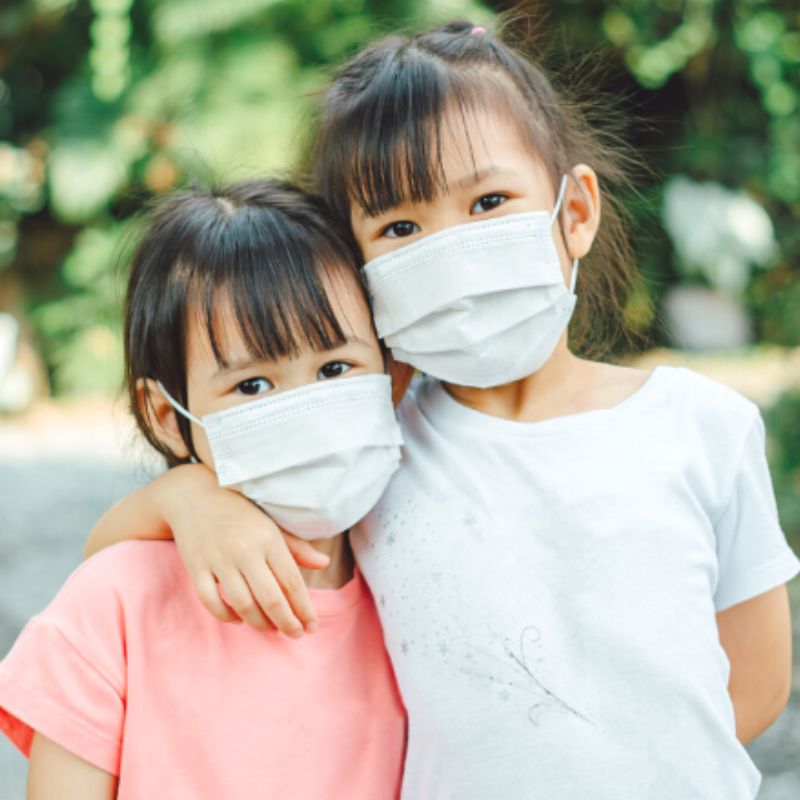Respiratory Syncytial Virus (RSV) is a common respiratory virus that causes mild, cold-like symptoms in most people, such as teenagers or healthy adults. Much like the flu, RSV is usually most prominent during the winter months. However, this year, RSV cases have skyrocketed much sooner in November than we’ve seen previously. The increase in cases has led to more hospitalizations in pediatric patients, especially children under 5 years old.
Most children don’t need hospitalization, and RSV can be managed at home. However, it’s still important to keep a watchful eye on them and notice if symptoms worsen. Most children will have had a case of RSV by the time they are 2. Signs of RSV include:
- Runny nose
- Decrease in appetite
- Decreased activity or fatigue
- Coughing, which may progress to wheezing
- Apnea, or pauses while breathing
- Difficulty breathing
- Fever
Children with the greatest risk for severe illness from RSV include:
- Premature infants
- Infants younger than 6-months-old
- Children younger than 2-years-old with chronic lung disease or congenital heart disease
- Children with weakened immune systems
- Children who have neuromuscular disorders, including those who have difficulty swallowing or clearing mucus secretions
Children infected with RSV may also develop bronchiolitis (inflammation of the small airways in the lung) or pneumonia (infection of the lungs). RSV can be severe and require hospitalization. Here are signs to know when it’s the right time to seek medical attention or bring your child to the emergency department:
- Symptoms that worsen or do not start to improve after seven days
- A fever and they are younger than 3 months of age, or a fever that rises above 101.3°F repeatedly for a child of any age
- Pauses or difficulty breathing
- Significantly decreased activity and alertness
- Gray or blue color to tongue, lips, or skin
While there are flu vaccines each year, a vaccine has not yet been approved to protect against RSV. The best way to protect yourself against RSV and other respiratory viruses, is to be proactive and follow many of the same precautions we did during the COVID-19 pandemic.
- Cover your mouth and nose with a mask to prevent viruses from getting into your body.
- Get your annual flu vaccine – while RSV does not have a vaccine, getting the flu shot will provide protection against catching the flu or getting a severe case of the flu.
- Socially distance and avoid unnecessary trips to crowded places– try to avoid places that are poorly ventilated or may contain large crowds, such as the mall. With the holidays just around the corner, many people will be shopping for gifts for their loved ones, so remember to stay socially distanced from others.
- Wash your hands frequently – be sure to continue to wash or sanitize your hands often and keep your hands from touching your face.
Taking these small steps ensures your family gatherings remain joyful and minimize the chances of spreading RSV, influenza, or any other respiratory viruses.
Learn more about how to keep your family healthy this RSV and flu season.


